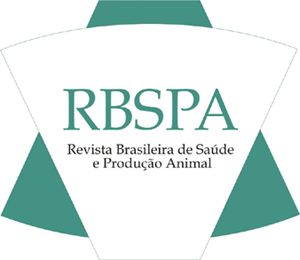The experiment was conducted to estimate the nutritional requirement of sodium (Na) for laying Japanese quails. Were used 245 Japanese quails, with 187 days old, weight of 189.4 + 6.1 g and egg production rate of 91.05 + 5.5%. Birds were distributed in a completely randomized design, consisting of five diets and seven replicates. Five experimental diets were formulated based on corn and soybean meal, with five levels of Na (0.10, 0.15, 0.20, 0.25 and 0.30%). Were examined: feed intake, egg production per bird day, egg production per hen housed, commercial eggs, viable eggs per bird day, egg weight, egg mass, feed conversion by egg mass and per dozen eggs, components eggs (yolk, albumen and shell), body weight variation, viability of birds and specific gravity. There were no differences (P>0.05) for all parameters studied. Symptoms of deficiency as inappetence, reduction in the growth rate and depraved appetite were not observed in this study, demonstrating that the lower level of Na used, 0.10%, was not adverse to birds. Supplementation of 0.10% Na in diet of the birds, corresponding to a daily intake of 26.1 mg / bird was enough to provide good performance and egg quality of Japanese quails.
Coturnix coturnix japonica; egg production; salt
